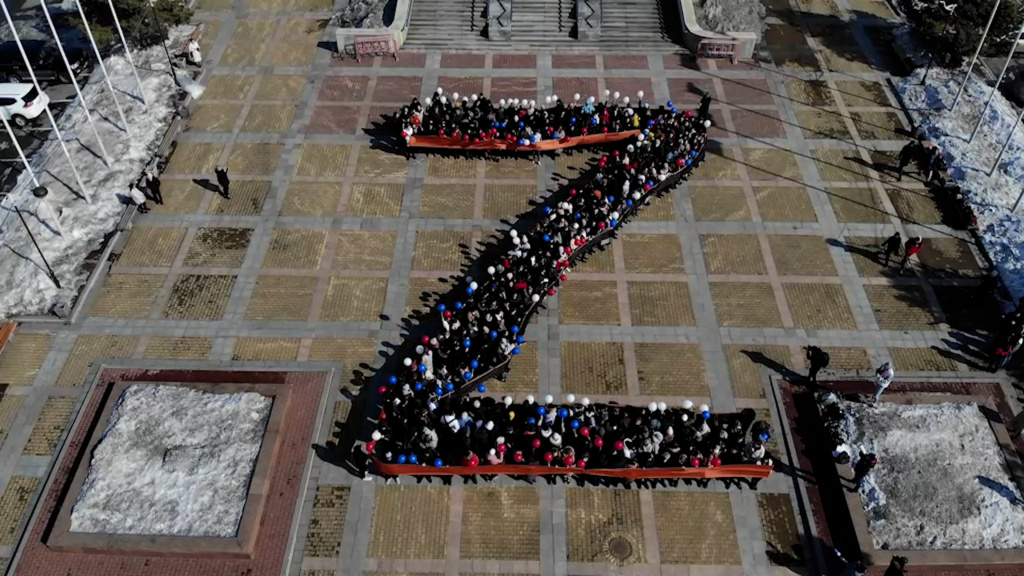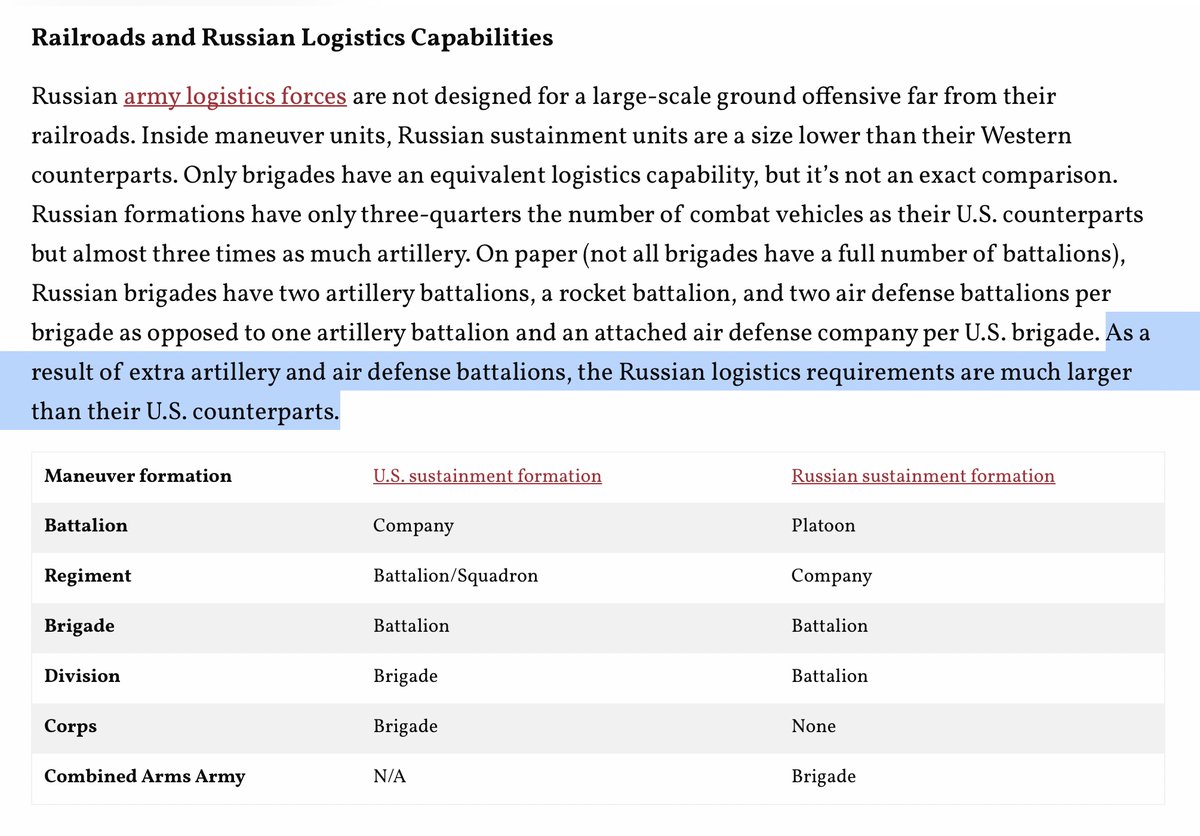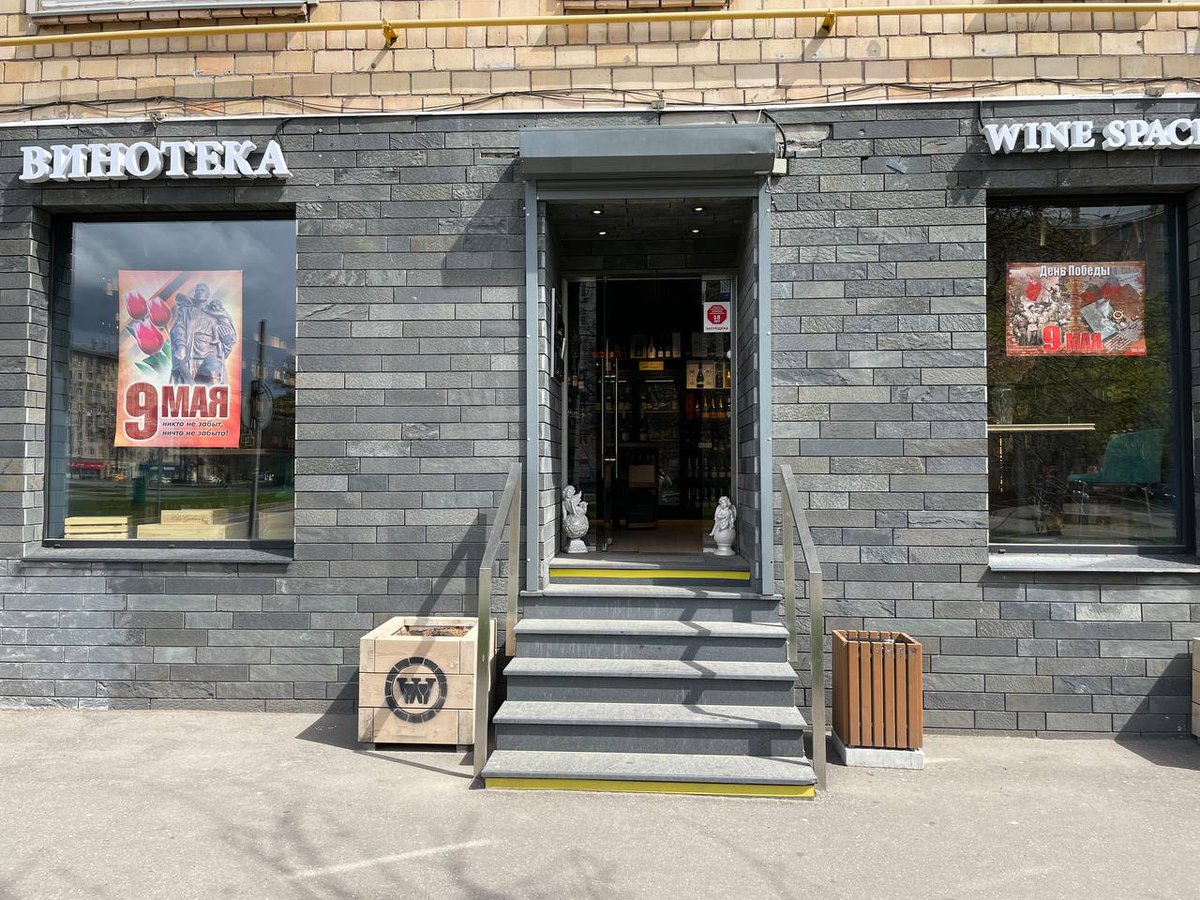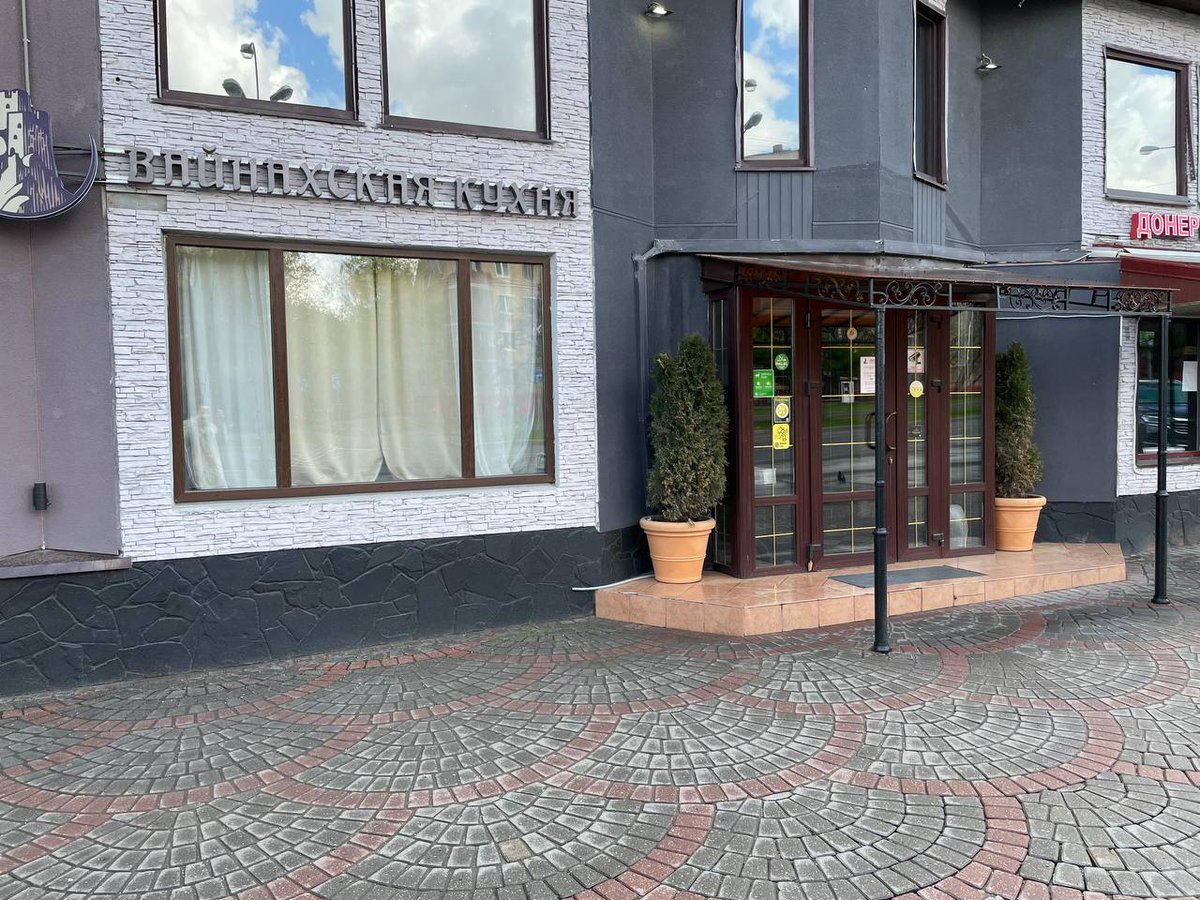
On April 20, Russian MP from the Liberal-Democratic Party Sergey Leonov suggested forcing the Ukrainian POWs to donate their blood.
His exact framing is very interesting:
"There is an offer for the Ukrainian POWs to become the compulsory (в обязательном порядке) blood donours"
His exact framing is very interesting:
"There is an offer for the Ukrainian POWs to become the compulsory (в обязательном порядке) blood donours"
It's quite possible that the Liberal Democratic Party MPs are disoriented after the death of their leader Vladimir Zhirinovsky and try to keep relevance with the face of their party gone. Many perceived Zhirinovsky as "clown". And yet, Putin personally attended his funerals 

Pretty much all of the Russian leadership attended his funerals. Putin, Medvedev, Kirienko, Shoigu, Naryshkin, etc. And yet, did you notice the difference between Putin and others? When Medvedev or Naryshkin approaches the body, the honorary guards are standing near the coffin 

When Putin approaches the Zhirinovsky's coffin, there is no one around. Nobody is allowed near Putin. Even the honorary guards have to leave their places. That tells a lot about Putin's character. He is super cautious, suspicious and risk avoidant person 

I will argue that Zhirinovsky is misunderstood. He wasn't a "clown" or an "idiot" as many presumed. He was a highly intelligent and educated person. He finished a reputable school ИСАА, The Institute of Asian and African Countries, majoring in Turkish language and literature 

Zhirinovsky was a trained orientalist. And oriental studies were probably *the* main cadre pool of intellectuals for the state security & intelligence. That's why so many Russian rulers have a degree of a "historian-orientalist". Like another trained Turkologist Dmitry Peskov 

Due to this intelligence headhunting practice, a degree of a historian-orientalist (историк-востоковед) is a good marker of intelligence agents among the Russian elites. A degree of a philologist can be another marker. Consider Sechin, a Philologist of the Romance languages 

In this particular case, a Philologist of the Romance languages means "translator from the Portuguese". The USSR was heavily involved in African conflicts in general and in the wars in the Portuguese colonies such as Angola and Mozambique in particular. Sechin served in Angola 

There are *lots* of great sources on the Russian ruling class. But you need to contextualise them to understand their meaning correctly. Consider a great interview with Sergey Dorenko - a person largely responsible for boosting Putin. Another philologist of Spanish and Portuguese 

"We are governed by the very enlightened people. You just don't know it. We are not governed by the Chechens, yet. We are governed by the St Petersburg intelligentsia - lawyers and linguists... Once you'll cry over the linguists"
That's an amazing* insight. But you need to contextualize it in order to understand correctly. It does not mean that Russia is governed by the humanitarian intelligentsia per se. But it gives a lot of insight about the social elevators that brought up the current rulers of Russia
Why did the Oriental & African Studies majors serve as social elevators back then? It was largely a side effect of the Cold War. With so many hot and cold proxy wars going all over the globe the USSR needed to train orientalists and incorporate them into the intelligence 

Intelligence and state security was not the Soviet elite. The Party nomenklatura was. Intelligence was the counterelite. And for practical reasons, such as waging the Cold War, the counterelite had to recruit those who majored in the Third World. They joined the elevator going up 

It's not that the humanities grads are overrepresented among the Russian ruling class. It is that studies of the Third World were considered strategically important by the intelligence. That's why they recommended there their proteges and recruited heavily among those majors 

As a general rule any Oriental or African studies major who wanted could pretty easily join the broadly understood security apparatus and integrate into the Soviet system on pretty decent conditions. And with the state security renaissance of 1990s those grads became the elite 

I've already posted this video of Putin and Sechin moving to Moscow in 1996 for their first job in the federal government. But I'll post again. I like it very much. Notice Putin's humility and his name-dropping manner, like "I know Boris Abramovich [Berezovsky], too"
Those who studied the Third World were easily incorporated to the system. After 1998 when what remained of the Party nomenklatura decided to give all the power to the intelligence, some of these guys literally skyrocketed. They had no reason to fight the system 
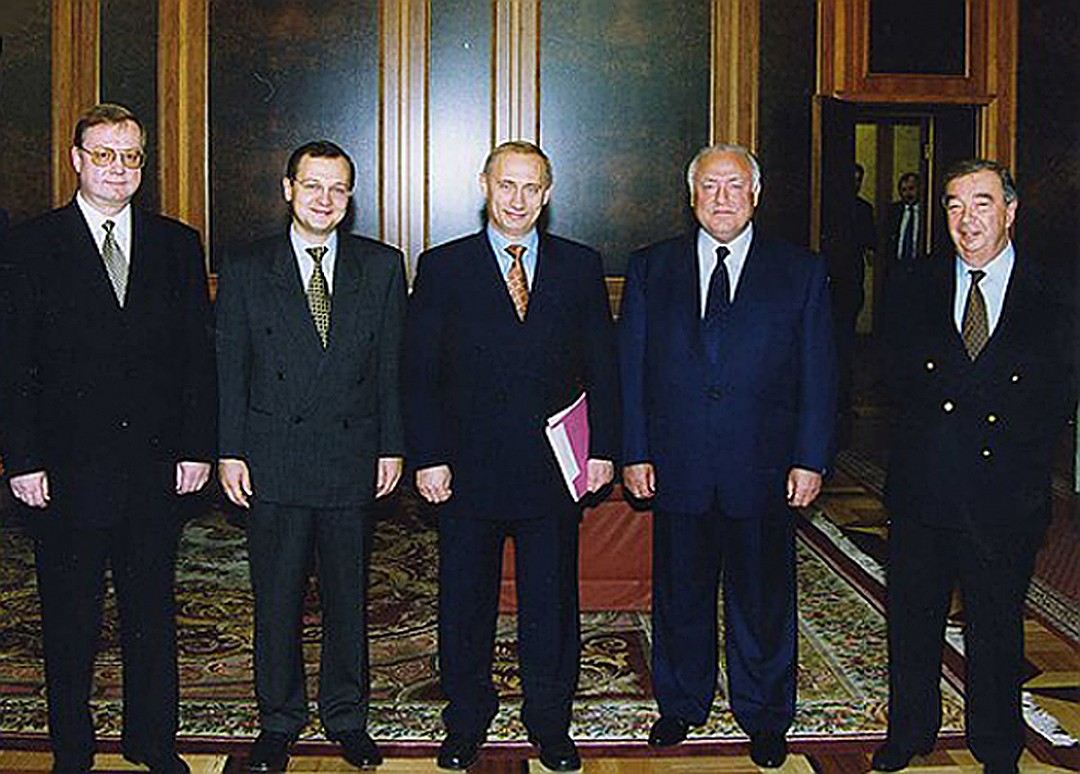
Now who had the reason to fight the system? Well, those who were left out. Primarily those members of the Soviet ethnicities who studied their own cultures, languages, histories. National humanitarian intelligentsia of literally any culture and ethnicity. Consider the Caucasus 

It was the humanitarian intelligentsia that led nationalist movements all over Caucasus. Elcibey studied medieval Azeri poetry. Ter-Petrosyan studied old Armenian manuscripts. Only a Georgian president Gamsakhurdia was somewhat of an exception. He studied & translated Shakespeare 



You can read a more elaborate argument here. I very much like Derluguian - he's an author with deep and very specific expertise on Caucasus. One of his central argument is exactly about the disenchanted hommes de lettres being the driver of Caucasian wars and unrests 

Paradoxically enough the argument about the native humanitarian intelligentsia studying *domestic* culture and history being the driver of chaos and unrest is true not only regarding the minorities but about Russians, too. Consider Strelkov, a grad of History & Archives Institute 

Let's sum up. The argument about the government or a political system being overthrown by "the people" is not technically wrong. It's just too ideologically painted, normative and literally crusade-ish to work as a useful model. Don't do that!
Elites are not endangered by "the people", only by the counter elites. Some counter elite elements were incorporated in the Soviet system, sucg as the KGB. The KGB being a counter elite sounds less strange if you consider how many out of the box thinkers worked under its umbrella 

If we reframe the KGB as the legitimate Soviet counter elite, it could be easier to understand why pretty much all of the plans of the radical economic reforms of 1990s were designed under its patronage and often with its funding 

Still, there were lots of counter elites which could not be realistically incorporated into the system. Pretty much all of native humanitarian intelligentsia studying their own cultures was locked down on the social ladder without any realistic perspectives of social rise 

It would be an exaggeration to say that it was the ethnic humanitarian intelligentsia that overthrew the USSR. Not quite. But it was a major factor of instability. And this general instability was a prerequisite for its future downfall 

I think that analysts trying to predict the future of Russia may be focusing too much on the current elites. Yes, they hold power here and now. Will they hold it forever? Doubt. Analysts might be focusing less on the systemic counterelites who are well integrated into the regime
For example, Western think tanks might be focusing too much on Putin's courtiers, especially on those who launched successful PR campaigns in the West. Like Surkov. But they pay way less attention to the regional barons and interest groups. I think it's a mistake
As a general rule courtiers are strong only as long as the centralised regime is strong. The moment its power grip weakens, the balance of power gonna be renegotiated. It is the potential power redistributions that we miss overfocusing on the elites and ignoring the counterelites
What we pay almost no attention to however, is the non-systemic counterelites that have nearly zero influence within the current political regime. And yet it will be probably them who are gonna play the disproportionate role once the system gonna start spiralling into chaos
As a general rule, I think that political analysis and commentary is suffering from three problems. First of all, it's too normative and not descriptive enough. It focuses too much on BS categories like "democracy vs autocracy, "corruption", etc. That's mostly the moral crusade
Second, with a few exceptions it focuses on the current balance of power, resources, influence in a country or region. That's great. But this balance is changing quickly and sometimes very abruptly. And the final result almost always comes as a big surprise. Nobody saw it coming
Finally, I suspect that it might have a certain epistemological bias. Moscow with all its liberal and patriotic, pro-regime and anti-regime interest groups in incredibly overrepresented as the source of both lived experience and conceptual frameworks Western analysts rely on
This epistemological bias reflects a power asymmetry in the modern Russia, power being understood not only as the formal authority but also as the cultural hegemony. The epistemological bias is itself a reflection of the existing power balance. Which can be renegotiated. End of🧵
• • •
Missing some Tweet in this thread? You can try to
force a refresh



